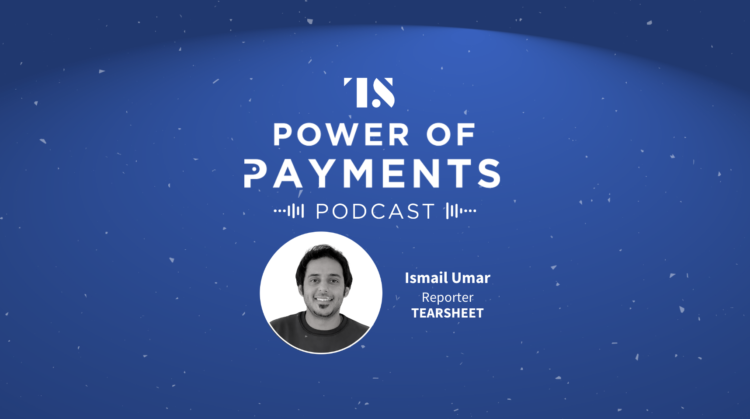Payments, Power of Payments Podcast
Power of Payments Ep. 22: ‘Frankly, the most important asset for SMB owners is time’ – Chase’s Brad Brodigan
- Brad Brodigan, managing director and global head of SMB payments at Chase, joins host Ismail Umar on this week’s podcast.
- He discusses the most important trends he’s seeing in SMB payments, the kinds of attributes SMBs look for in a payment processor, and how their needs differ from those of enterprise and retail customers.








